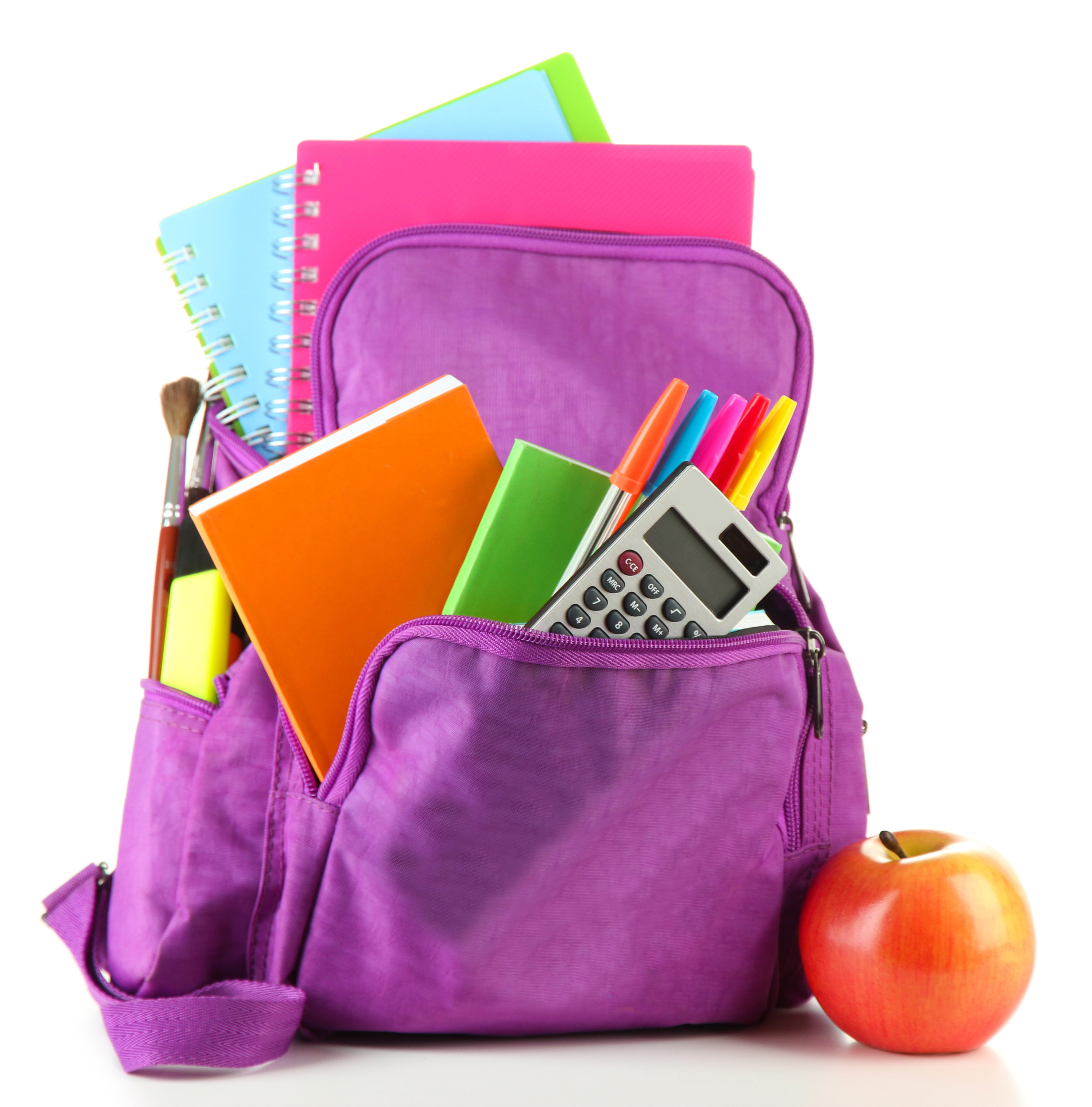School Readiness
CDCSA will provide services to children & families that will promote school readiness, & community partnerships will be utilized to promote school readiness.
CDCSA School Readiness Goals
As children leave CDCSA they will have the social competence, skills, knowledge, and attitudes necessary for success in school and for later learning and life; demonstrated through developmentally appropriate progression on meeting goals in social and emotional development, language development, literacy knowledge and skills, approaches to learning, cognition and general knowledge, physical well-being and motor development.
As parents leave CDCSA they will have the knowledge and understanding that they are their child’s first and most important teacher and advocate, and knowledge and skills to make a difference in the life and learning of their child.
CDCSA’s school readiness goals align with the Head Start Child Development and Early Learning Framework, the Head Start Framework for Programs Serving Infants and Toddlers, the Washington State Early Learning and Development Guidelines, the Creative Curriculum, the Child Outcomes Checklist, and local school requirements and expectations.
Social & Emotional Development
Through developmentally appropriate progression:
- Children will engage in and maintain positive adult-child relationships and interactions.
- Children will engage in and maintain positive peer relationships and interactions.
- Children will display levels of attention, emotional regulation, and behavior that are appropriate to the situation and the supports available.
- Children will learn and internalize (follow) school rules, routines, and directions.
- Children will develop and display a sense of self, confidence in their abilities, and a strong identity that is rooted in their family and culture.
- Infants/Toddlers: Children will demonstrate improved social and emotional development by engaging in positive relationships with adults and peers, developing self-regulation, and a positive sense of self rooted in their family and culture, and emotional well-being.
Language Development & Literacy Knowledge & Skills
Through developmentally appropriate progression:
- Children will build, use, and comprehend increasingly complex and varied vocabulary.
- Children will use and comprehend oral language for conversation and communication.
- Children can identify and discriminate the sounds within words, as separate from the word itself.
- Children will use and understand print as a system of visible marks that represent the sounds within words and words themselves.
- Children will engage with literature in developmentally appropriate ways.
- Children who are dual language learners will demonstrate increased competency in their home language while developing proficiency in English.
- Infants/Toddlers: Children will demonstrate improved language and communication in home language, emergent literacy skills, and engage with books and stories.
Approaches to Learning
Through developmentally appropriate progression:
- Children will show an interest in varied topics and activities, an eagerness to learn, creativity, and independence in their interactions with activities and materials.
- Children will demonstrate persistence when working with materials, activities, and information.
- Children will learn and use words and concepts that parallel the information available in activities and materials.
- Infants/Toddlers: Children will demonstrate improved positive approaches to learning, including a curiosity and eagerness to explore their world, and persistence in learning and discovery.
Cognition & General Knowledge
Through developmentally appropriate progression:
- Children will use math regularly and in everyday routines to count, compare, relate, identify patterns, and problem solve.
- Children will use observation and manipulation, ask questions, make predictions, and develop hypotheses to gain a better understanding of information and activities in their surroundings.
- Children will use their skills in remembering information and in being aware of their own thinking.
- Infants/Toddlers: Children will demonstrate improved cognitive and general knowledge skills by investigating their environment, making discoveries, using math concepts in daily routines, and connecting knowledge to new experiences and information.
Physical Well-Being and Motor Development
Through developmentally appropriate progression:
- Children will demonstrate control of large muscles for movement, navigation, and balance.
- Children will demonstrate small muscles for such purposes as using utensils, self-care, building, writing, and manipulation.
- Children will identify and practice healthy and safe habits.
- Children will have a medical/dental home, and be up-to-date with medical and dental exams.
- Infants/Toddlers: Children will demonstrate improved physical well-being and motor development, and begin to participate in healthy and safe habits.
Family Well-Being
Families will participate in services that ensure safety, health and financial stability offered in the context of the family’s values, culture, and aspirations.
Positive Parent-Child Relationships
Parents will participate in ongoing support, education, and skills development opportunities that promote warm, healthy parent-child relationships.
Parents as First & Lifelong Educators
Parents will have opportunities to observe, guide, and promote the learning of their children at home, school and in our community.
Parent Connections to Peers & Community
Parents will have opportunities to form connections with peers or mentors in supportive, educational, or faith based networks that enhance social well-being and community life.
Parent Leadership & Advocacy
Parents will have opportunities to participate in leadership development, decision-making, program policy development, and in community and State organizing activities to improve children’s development and learning experiences.
Intentional Transitions
Parents will have the necessary tools to improve their children’s learning outcomes as they transition to new learning environments, including Early Head Start to Head Start, and Head Start to public schools.

